Bulimia nervosa
EDITOR: OLUSEYI ELIZABETH ODUDIMU
Bulimia nervosa is a serious eating disorder characterized by recurring episodes of binge eating followed by purging behaviours. This disorder affects both men and women and can have devastating effects on physical and mental health.
Binge-eating disorder (BEDBinge eating involves consuming substantial amounts of food in a fleeting period, usually accompanied by a sense of loss of control. After binge eating, individuals with bulimia nervosa typically use purging behaviours such as self-induced vomiting, laxative use, or excessive exercise to rid their bodies of the calories consumed during the binge.
Bulimia nervosa is a complex disorder with a range of causes, including genetic, environmental, and psychological factors. Some individuals may be more susceptible to developing bulimia nervosa due to a genetic predisposition to mental health disorders or a history of trauma or abuse. Environmental factors such as societal pressure to achieve a certain body type, as well as access to food and weight loss products, can also contribute to the development of this disorder.
The psychological factors that contribute to bulimia nervosa include low self-esteem, poor body image, and feelings of inadequacy. These factors can lead to a preoccupation with food and weight, which in turn can trigger binge eating and purging behaviours. Additionally, individuals with bulimia nervosa may use these behaviours to cope with stress, anxiety, or other emotional issues.
The physical health consequences of bulimia nervosa can be severe. Frequent vomiting can lead to electrolyte imbalances, which can cause heart problems, seizures, and even death. Laxative use can damage the digestive system and lead to chronic constipation. The frequent binge-eating and purging behaviours can also cause dental problems, such as erosion of tooth enamel and cavities.
Treatment for bulimia nervosa typically involves a combination of therapy, medication, and nutritional counselling. Cognitive-behavioural therapy (CBT) is often used to help individuals identify and change the thoughts and behaviours that contribute to their disorder. Medications such as antidepressants may be prescribed to help manage underlying mental health conditions. Nutritional counselling can help individuals establish healthy eating habits and develop a positive relationship with food.
Recovery from bulimia nervosa is possible but can be a long and complicated process. Individuals with this disorder need to seek professional help as soon as possible, as early intervention can improve the chances of a successful recovery. Support from family and friends can also be invaluable in the recovery process.
In conclusion, bulimia nervosa is a serious eating disorder that can have severe physical and mental health consequences. Individuals with this disorder need to seek professional help as soon as possible to improve their chances of recovery. With the right treatment and support, individuals with bulimia nervosa can learn to manage their disorder and lead healthy, fulfilling lives.
Reference list
https://www.beateatingdisorders.org.uk/
https://www.nhs.uk/mental-health/conditions/bulimia/symptoms/
https://www.nhs.uk/mental-health/conditions/bulimia/symptoms/
